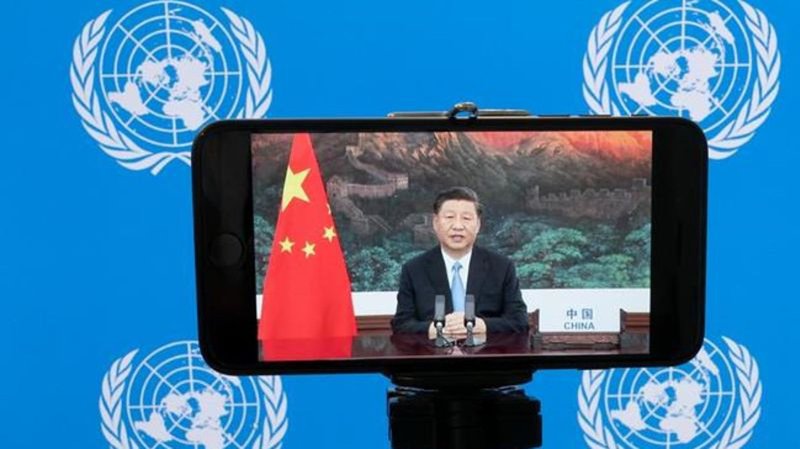
At UN, China, Russia and US clash over pandemic responses
TANZANIA, Tanzania — China, the United States and Russia butted heads at the United Nations on Thursday over responsibility for the pandemic that has interrupted the world, trading allegations about who mishandled and politicized the virus in one of the few real-time exchanges among top officials at this year’s COVID-distanced U.N. General Assembly meeting.
The remarks at the U.N. Security Council came just after U.N. Secretary-General Antonio Guterres decried the lack of international co-operation in tackling the still “out-of-control” coronavirus.
The sharp exchanges, at the end of a virtual meeting on “Post COVID-19 Global Governance,” reflected the deep divisions among the three veto-wielding council members that have escalated since the virus first emerged in the Chinese city of Wuhan.
Chinese Foreign Minister Wang Yi, speaking first, stressed the importance of U.N.-centred multilateralism and alluded to countries — including the U.S. — opting out of making a COVID-19 vaccine a global public good available to people everywhere.
